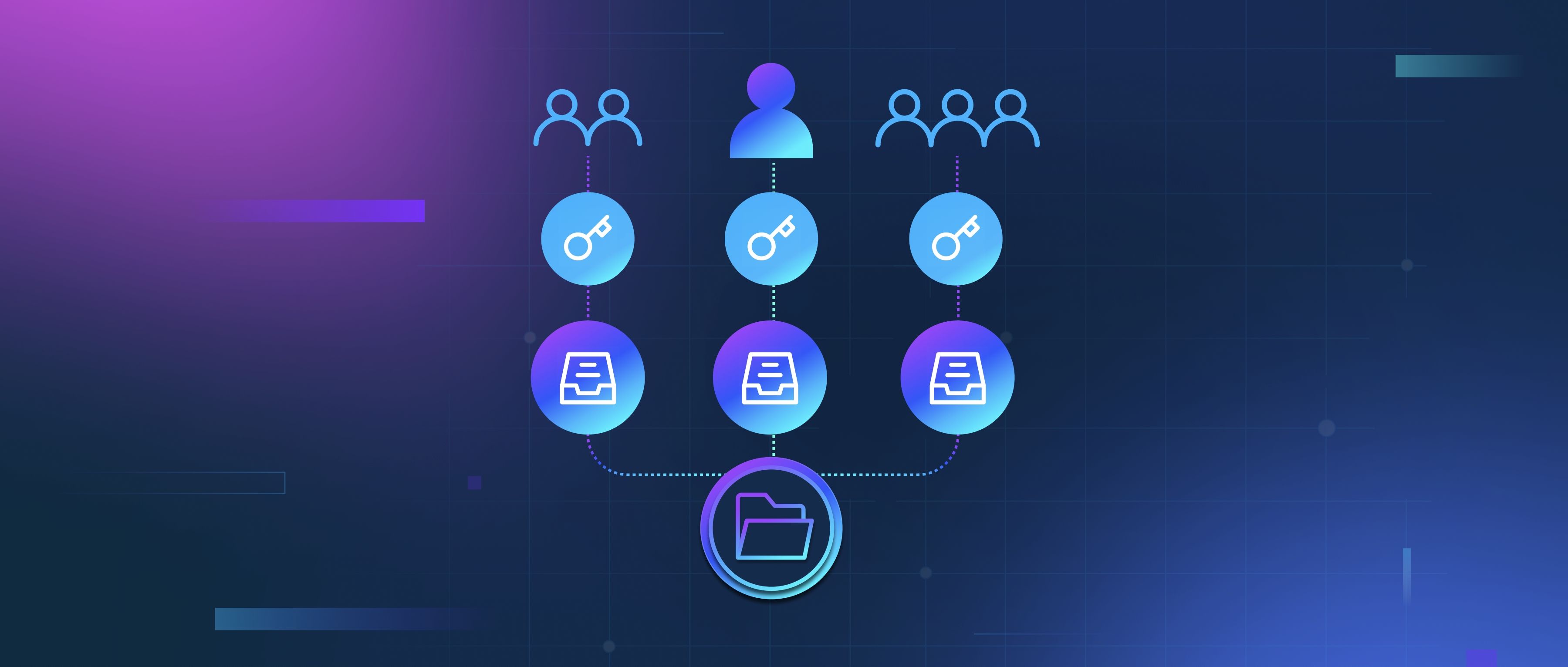DeepResearch can enhance government policy research by automating the analysis of large-scale datasets to identify patterns and inform evidence-based decisions. For example, in public health, DeepResearch tools could process real-time data from hospitals, vaccination records, and environmental sensors to predict disease outbreaks or evaluate the impact of healthcare policies. Traditional methods often struggle with the volume and complexity of such data, but machine learning algorithms can detect subtle correlations—like linking air quality metrics to respiratory illnesses—enabling faster, data-driven policy adjustments. This approach reduces reliance on manual analysis, which is time-consuming and prone to human error, while improving the accuracy of insights.
Another key application is simulating policy outcomes through predictive modeling. Governments can use DeepResearch to forecast the effects of proposed legislation, such as economic policies or climate initiatives. For instance, a tax reform proposal could be tested against historical economic data to estimate its impact on GDP growth or income inequality. By running thousands of simulated scenarios, these models account for variables like inflation rates or employment trends, providing policymakers with a range of possible outcomes. This helps avoid unintended consequences—like a transportation policy inadvertently increasing urban congestion—by stress-testing assumptions before implementation.
Finally, DeepResearch can improve stakeholder engagement and equity analysis. Natural language processing (NLP) tools can analyze public feedback from town halls, social media, or surveys to identify common concerns or demographic disparities. For example, a housing policy draft might be scrutinized for language that unintentionally excludes rural communities, with NLP flagging biases in the text. Similarly, cost-benefit analyses can be automated to weigh trade-offs, such as evaluating the environmental and economic impacts of renewable energy subsidies. By systematically incorporating diverse perspectives and data sources, DeepResearch ensures policies are both effective and equitable, addressing gaps that traditional top-down approaches might miss.
